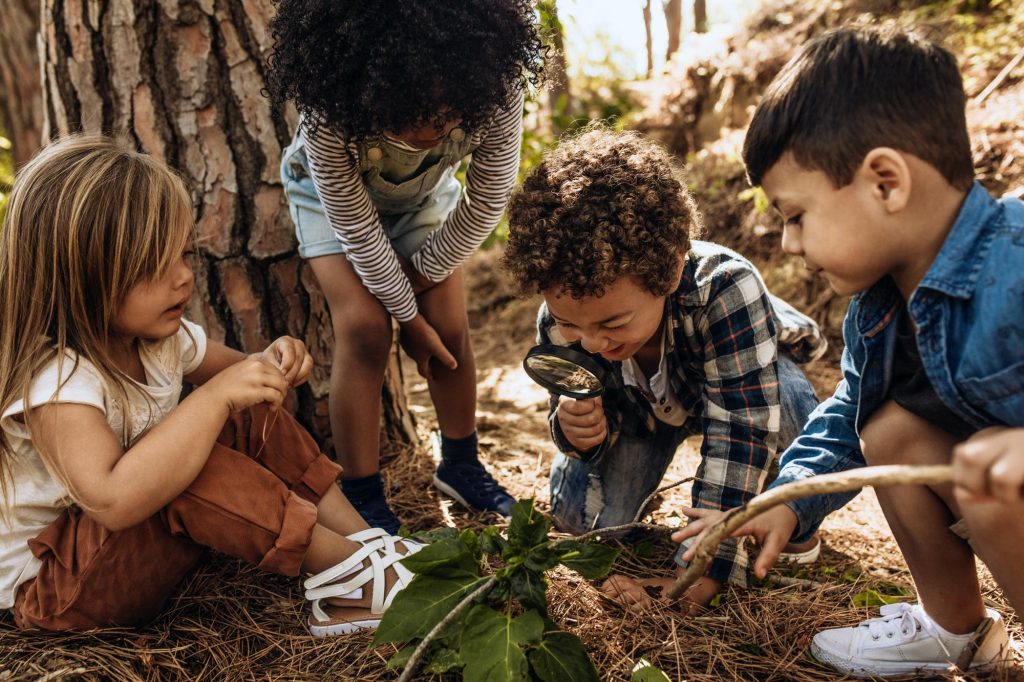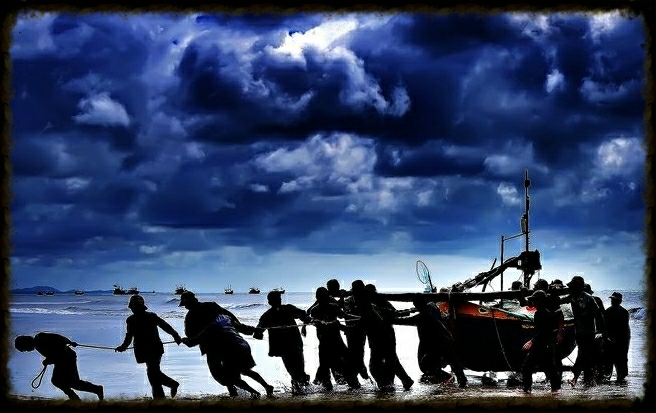
We were born curious. Little children asking “Why?” over and over again. Wanting to know, to understand, to shine light on this great big world of ours.
“Curiosity is the very basis of education and if you tell me that curiosity killed the cat, I say only the cat died nobly.” – Arnold Edinborough
As we get older, we get comfortable with what we know. Our sense of wonder too often flattens into the daily routine. We have occasional forays into a trending pursuit, or we hunker down for a time to develop a new skill. Can we call those activities and intentionalities curiosity?
Curiosity comes out of a desire to understand those around us and the world we share.
“Listen with curiosity. Speak with honesty. Act with integrity. The greatest problem with communication is we don’t listen to understand. We listen to reply. When we listen with curiosity, we don’t listen with the intent to reply. We listen for what’s behind the words.” – Roy T. Bennett, Compassionate Curiosity – Asking Good Questions
Curiosity communicates caring. As we fix our gaze on another person and ask the questions needed to actually get to know them, we show genuine interest. That interest draws the other person into a space of belonging…of belonging with us. Curiosity about the world, beyond the person, fills us with wonder.
“The important thing is not to stop questioning. Curiosity has its own reason for existence. One cannot help but be in awe when he contemplates the mysteries of eternity, of life, of the marvelous structure of reality. It is enough if one tries merely to comprehend a little of this mystery each day.” – Albert Einstein, —”Old Man’s Advice to Youth: ‘Never Lose a Holy Curiosity.'” LIFE Magazine (2 May 1955) p. 64”
What happens to us as we grow up? Do children lose their sense of curiosity and can it be regained? Yes and yes. Be curious yourself about the children around you. Have they already shrunk their worlds into a small group of friends and a few preferred activities? Do they find people intriguing and nature wholly fascinating? Are they open to being a part of a larger community…one that is multi-generational and multi-cultural?
Recently I came across an Instagram post by Ian Simkins. As you swipe left, across several screens, Simkins talks about the curiosity of children and what happens as we get older. Before I can really impress upon my grandchildren to be more curious, I have to practice it myself.
Jeffrey Davis, a researcher and business consultant, gives us a compelling look at curiosity as a key to belonging:
Curiosity is the proactive facet of wonder that spurs us to question the way things are and our desire to learn or know. Curiosity propels us to become more engaged in new experiences, seek novel perspectives, and—especially important—connect with other human beings in more enriching and meaningful ways.
As much as we’re wired to crave belonging, we’re also wired for bias...which is why we naturally gravitate toward people who look like us, share similar views, or come from similar backgrounds. It’s also why we pursue things that are comfortable, familiar, and reinforce our existing beliefs.
In short, our brain unconsciously sizes people up as friends or foes to keep us safe, inadvertently closing us off from the connections we so desperately need. But when we allow wonder and curiosity to take the wheel, we can break out of our bias boxes, and often, we’re much happier for it.
- Strike up a conversation with a stranger.
- Lead with questions out of genuine curiosity.
- Share experiences of wonder.
By leveraging wonder and igniting your curiosity, you can build more authentic connections, deepen your relationships, and improve your mental and physical well-being.
- from the article Curiosity: A Surprising Key to Belonging – Jeffrey Davis – worth the time to read the piece in its entirety.

I want to challenge us to stay curious. To show genuine care for others. To practice life-long learning about our world and the people who populate it.
Then, we can model curiosity and care to our children…coaxing them into the wonder that surrounds us. Taking it all in with gratitude…because we don’t necessarily deserve the goodness in our lives, but we have it just the same…curiously. Wonder at that for a bit!
Curiosity: Why It Matters, Why We Love It and How to Get It Back – Christy Geiger – Excellent resource and fast read. Don’t miss this one!!!
Six Surprising Benefits of Curiosity – Emily Campbell
Curiosity and Compassion: Your Super Powers for Emotional and Mental Well-Being – Kelly Hine
Curious About Curiosity? Professor Studies How Children Learn – Anna Katherine Clay, UVA Today
Why Curious People Have Better Relationships – Jill Suttie
Be Curious, Not Judgmental – a Leadership Lesson From Ted Lasso – Connie Whittaker Dunlop
Curiosity as a Moral Virtue – Elias Baumgarten
Why We Should Be Curious About Each Other – Lisa Bortolotti and Kathleen Murphy-Hollies



































































